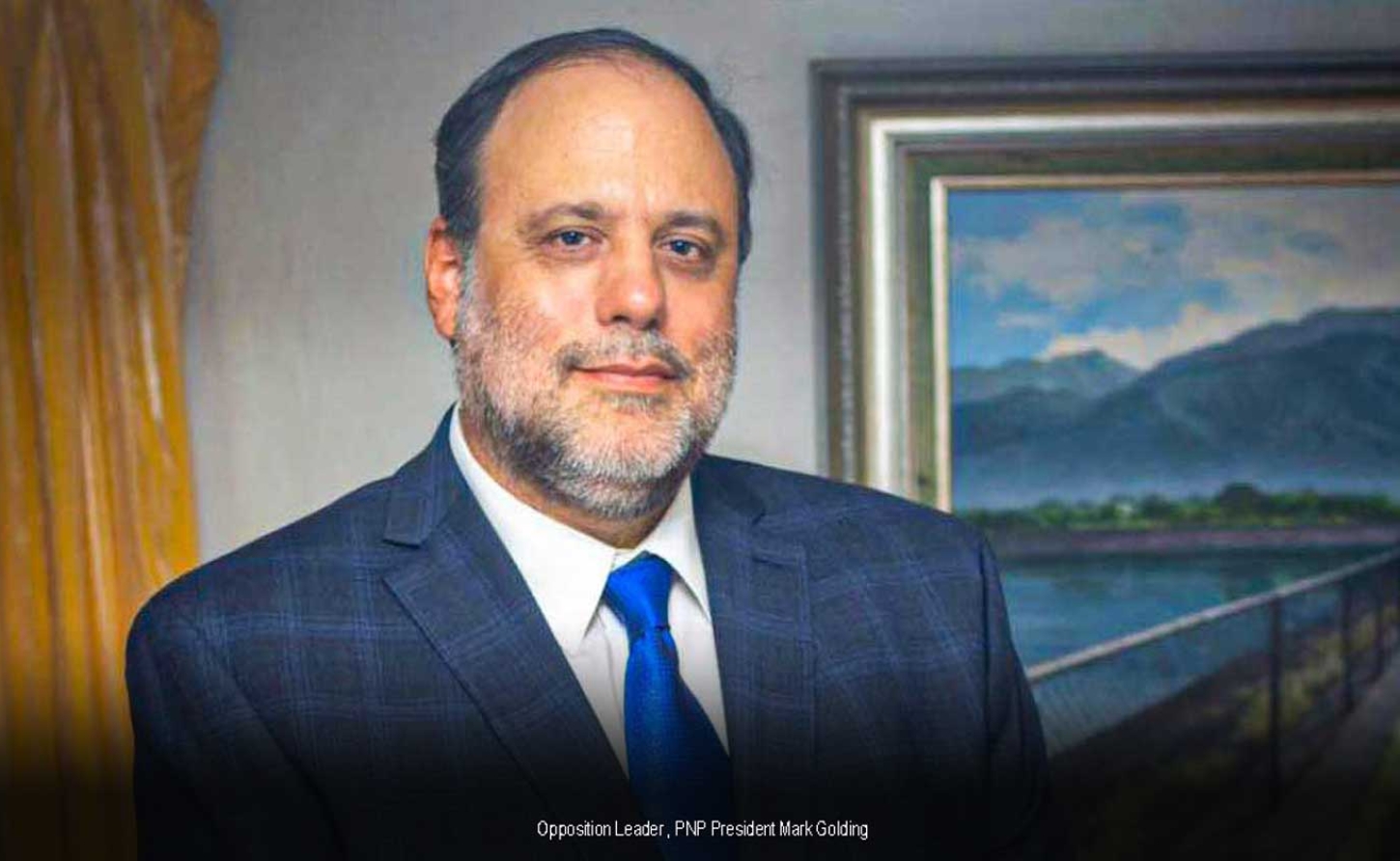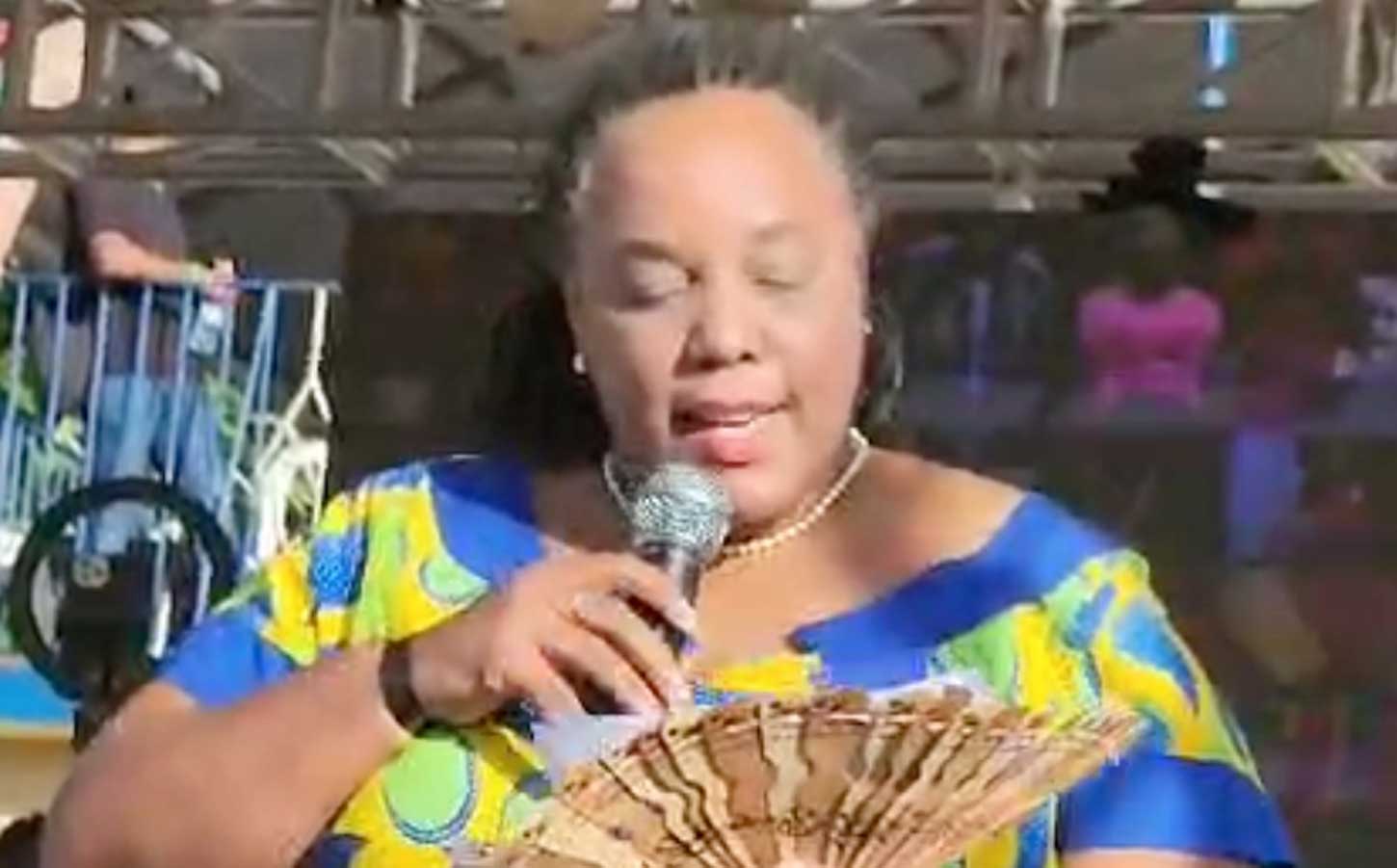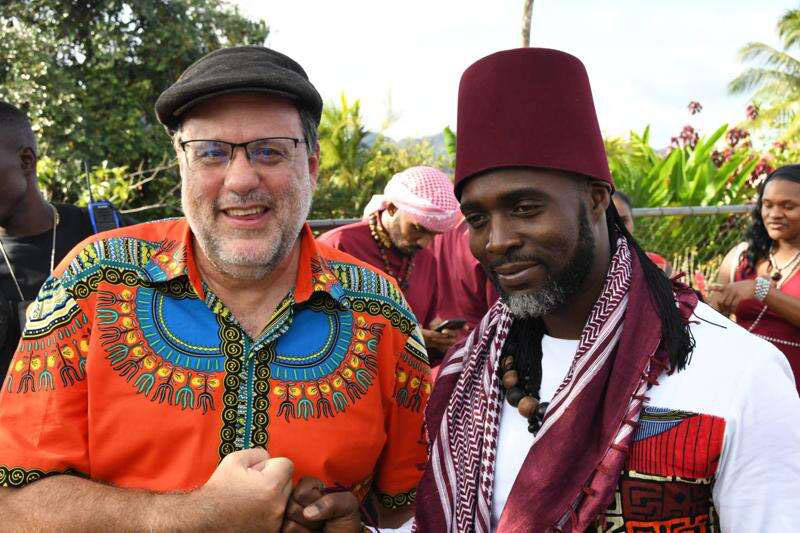JAMAICA | Mark Golding Slams Government Over Maroon Relations

KINGSTON, Jamaica, January 8, 2025 - Opposition Leader Mark Golding has delivered a scathing critique of the Holness administration's approach to Maroon affairs, highlighting what he describes as a "significant barrier to progress" in the government's engagement with these historic communities.
Speaking at the 287th Maroon Anniversary Celebration through his representative, PNP Spokesperson for Culture and the Creative Industries, Dr. Deborah Hickling-Gordon, Golding emphasized that the government's reluctance to fully engage with Maroon communities, and has refused to see them as ingenous peoples, undermines efforts to address critical issues and hinders solutions that could preserve their legacy while securing their future role in Jamaica.

This historic treaty formalized peace terms between the two sides, with the British acknowledging Maroon control over lands in and around the Cockpit Country – territories they have stewarded for nearly three centuries. Golding and the PNP have been vocal in recognizing and supporting the Maroons' claims to autonomy and their status as an indigenous community.
"The Maroons’ legacy resonates with the principles enshrined in the United Nations Declaration on the Rights of Indigenous Peoples, which affirms the rights to cultural expression, identity, health, and education. These principles form a framework for advancing partnerships that respect Maroon traditions while fostering opportunities for development, including Wellness Tourism, which aligns with the sustainable use of Jamaica’s natural resources," Golding declared
Golding, who served as Minister of Justice in 2015, referenced his role in championing ganja decriminalization as a step toward recognizing its cultural and medicinal significance in Maroon traditions.
However, he argued that more comprehensive measures are needed to develop a thriving cannabis industry that benefits Maroon and other indigenous communities.
Reinforcing his party's stance on Maroon rights, the opposition leader drew parallels between these and the United Nations Declaration on the Rights of Indigenous Peoples, suggesting that these international principles could provide a framework for new partnerships.
Such collaborations, he proposed, could particularly benefit wellness tourism initiatives while ensuring sustainable use of Jamaica's natural resources.
"The theme of this year's festival, 'Echoes of the Past, Blueprint of the Future,' serves as a powerful reminder that the Maroons' history is not just a story of triumph but a guiding light for the way forward," Golding stated through his representative.
His message emphasized how Maroon traditions, from sustainable living practices to medicinal herb usage, have shaped both national and global perspectives.

The celebration, which drew distinguished colonels and deputies from Accompong, Charles Town, Moore Town, and Scotts Hall, along with members of the diplomatic corps, stands as one of Jamaica's most significant cultural events.
It commemorates nearly three centuries since the end of armed conflict and the beginning of a formal peace agreement between Maroons and British authorities.
Despite being unable to attend in person, Golding's message resonated strongly with attendees, as it touched on critical issues facing modern Maroon communities.
His emphasis on the need for "respectful and meaningful discussions" highlighted ongoing tensions between central government authorities and Maroon leadership over autonomy and development rights, a stance that aligns with the PNP's historical recognition of Maroon sovereignty.
The opposition leader's position on Maroon affairs marks a clear political divide with the current administration, particularly regarding the management of traditional Maroon territories and their role in Jamaica's future development.
His message underscored how Maroon communities have maintained their unique identity while contributing to Jamaica's broader cultural landscape for generations.
"The journey of the Maroons is an integral part of Jamaica's history which must be acknowledged," Golding asserted, calling for a future that "secures the dignity and success of the Maroons for generations to come."
With this strong statement of support, the opposition leader has effectively positioned the PNP as the primary political advocate for Maroon rights and autonomy in contemporary Jamaica.
As the 287th anniversary celebrations continue, Golding's criticism of the government's approach to Maroon relations adds a significant political dimension to an event that traditionally focuses on cultural preservation and historical commemoration.
His intervention suggests that Maroon rights and autonomy could become a key differentiating factor between the PNP and JLP in Jamaica's political landscape.
-30-
